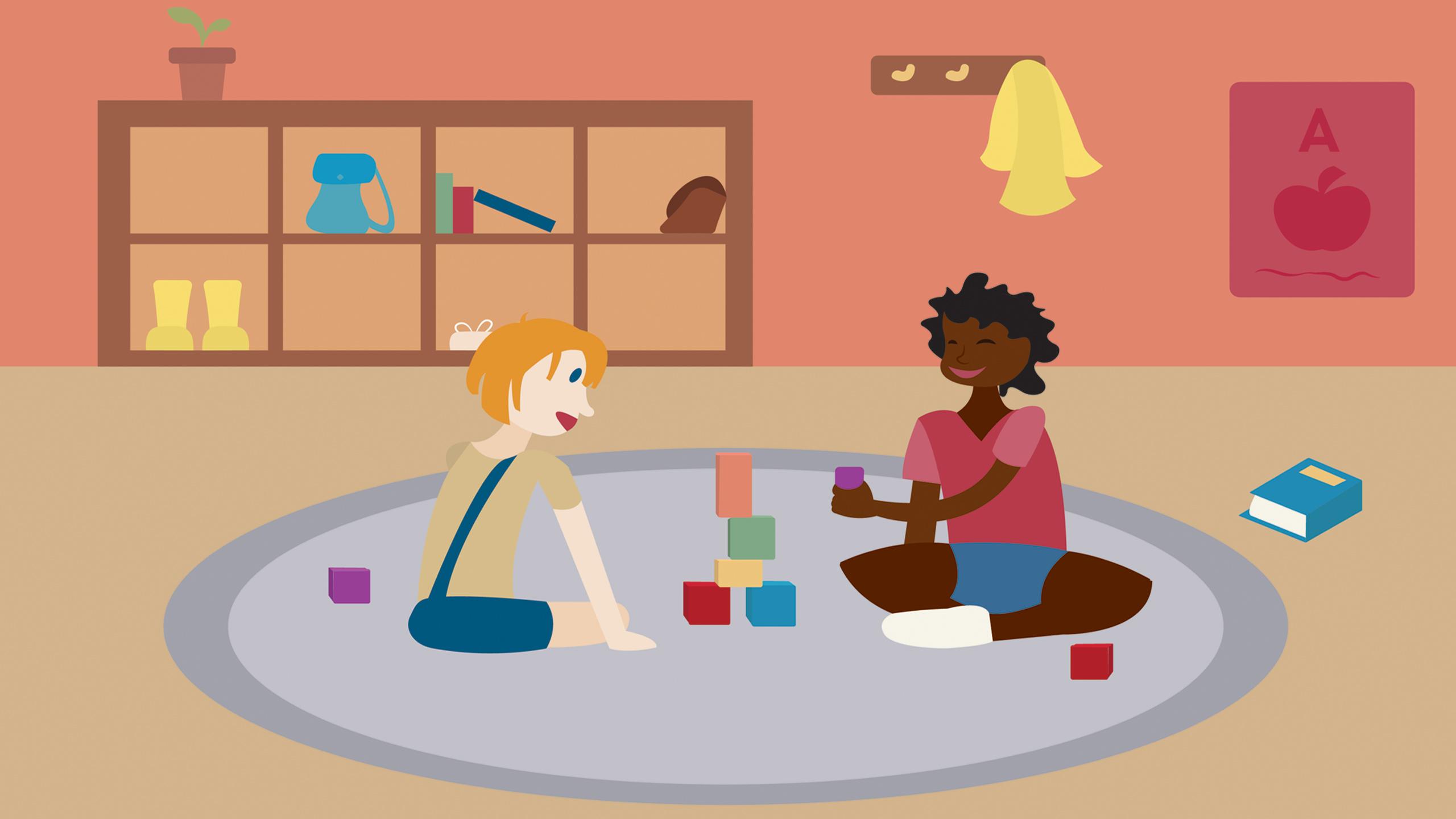By Abeer Khan
The Gerrard Resource Centre’s (GRC) emergency child care service is expected to end on March 31 due to a lack of funding, according to Ryerson’s Early Learning Centre.
GRC has offered emergency childcare services to the community since 1987, said Catherine Moher, former manager of the GRC. The emergency child care service, known as flexible model child care, offers parents the opportunity to leave their children at the centre while they attend appointments or school.
“Currently the program is still being offered through the GRC with support from the Government of Canada’s Poverty Reduction grant,” said Jason Nolan, interim associate director of the Early Learning Centre in an email to The Eyeopener.
Nolan added that the grant will end on March 31, after which the program will close.
According to Ryerson president Mohamed Lachemi, the university will continue to offer support for community members who need childcare through other programs.
“In addition to the GRC, Ryerson community members can also receive support from the Early Learning Centre, which is a full-day child care and early learning program for children that is located on campus,” said Lachemi.
The GRC emergency child care service was initially set to close in May 2019 after being defunded. This was following the implementation of the City of Toronto’s new EarlyON Child and Families (EarlyON) programs.
In September 2019, the GRC secured funding for their emergency child care services through a poverty reduction grant from Employment and Social Development Canada, according to Christa Leeder, manager of the Early Learning Centre.
The grant has funded the flexible model childcare program, while also collecting data on the importance of emergency child care through focus groups. The program will be funded until March 31, after which the GRC’s flexible model childcare program will close.
According to their website, the GRC has a special focus on “the inclusion of children with disabilities and family supports.” In addition to emergency child care, the family support program provides a toy lending library and child care information and referral.
Kaitlyn Bolarinho, a second-year social work student, said that offering these services allows for some sense of relief.
“It allows people to know that their child is being looked after and they can still readily get their education,” said Bolarinho.
In an email to The Eye, Ingrid Anderson, senior media relations coordinator at the Ministry of Education, said EarlyON managers and boards are able to decide where emergency child care should be offered.
Anderson said this decision is based on previous years’ funding and local service plans, and community needs.
“Customized community connection services, including respite child care, should only be considered once the EarlyON core service expectations are met on a regular and consistent basis in a community,” said Anderson.
Under EarlyON, emergency childcare must be offered as unlicensed childcare, and cannot be held in the same space as EarlyON programming, Anderson states.
“The Ministry is not aware of respite child care being offered under the EarlyON program at the Gerrard Resource Centre.”
Moher said that flexible child care gives the ability to be responsive to the needs of various families.
“We’re trying to remove barriers that hinder someone from meeting their goals, whatever those goals may be, she said.
“Families are going to be without support, but families are resilient and will come to support each other together,” said Leeder.













Leave a Reply